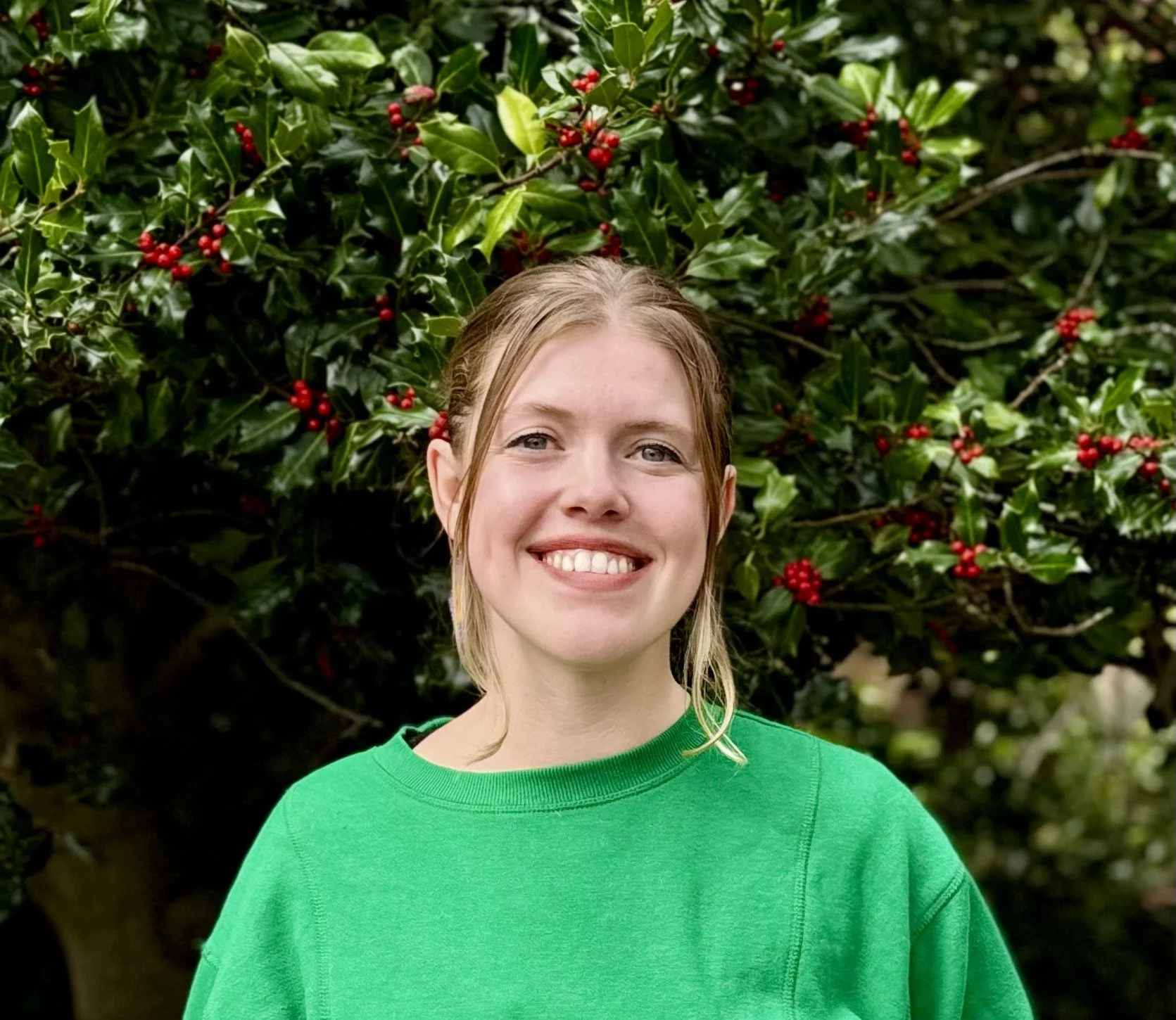Inuit Mental Health Workers: Strength, Challenges, and Retention
This research project addresses a critical gap in mental health services in Nunavut by exploring the factors that influence the recruitment, and well-being of Inuit frontline mental health workers. Despite increased investment in Indigenous-led, trauma-informed services, a shortage of local staff persists.
Through collaboration with Paqqijamik Naalangniq – Nunavut SPOR SUPPORT Unit and Amautiit Nunavut Inuit Women’s Association, this study will conduct interviews with Inuit workers to understand their workplace experiences, including challenges like racism and lack of support, as well as their unique strengths and perspectives.
The findings aim to generate actionable recommendations for creating more supportive and responsive workplaces. Ultimately, this research seeks to improve the retention of Inuit mental health professionals, thereby enhancing the quality and continuity of culturally appropriate mental health care for all communities in Nunavut and contributing to more effective, community-grounded mental health interventions.
This project is co-funded in partnership with Mitacs and iA Financial Group.
-
As a settler born and raised in Iqaluit, Nunavut, Alashua Crowley is passionate about how community-based initiatives can address gaps in services. With a background in activism, community-based research, and frontline mental health work, Alashua is currently completing a Master's in Counselling at the University of Victoria, which is on the traditional territory of the Lekwungen (Songhees and Xʷsepsəm/Esquimalt) peoples. She cares deeply about both direct service work and the systemic structures that support it. Her professional passion is informed and sustained by the joy found in her relationships with friends, family, and animals, and through time spent on the land.

